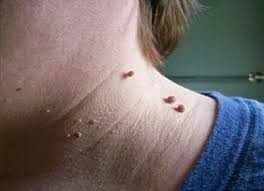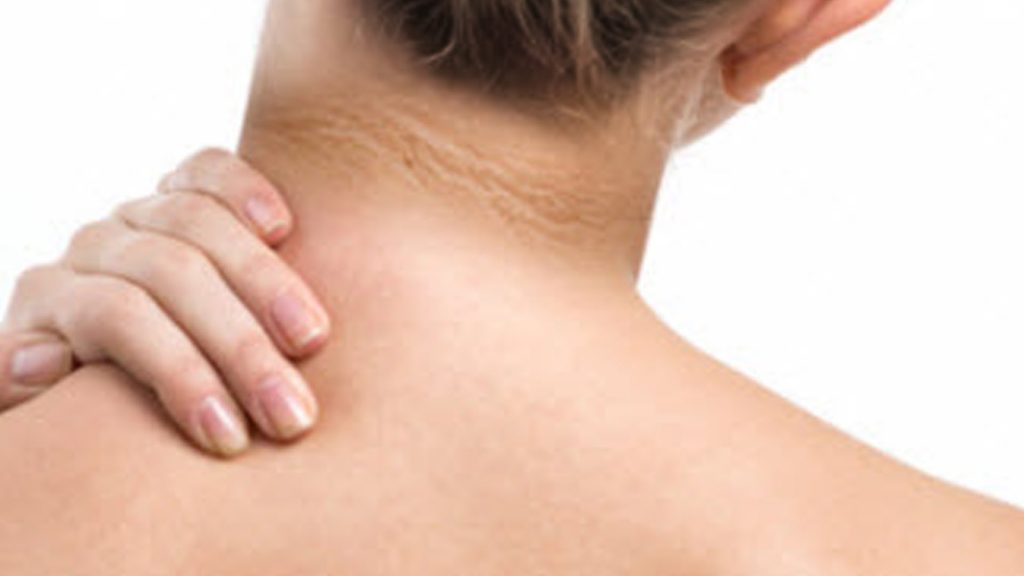An itch is something that most people find hard to resist; there’s nothing that gives as much relief as scratching an itchy spot. Unfortunately, the relief does not last for long and soon, you find your skin begin to smart and if you’ve been quite rough, the skin may break, too. An itch is actually one of the body’s defense mechanisms against unpleasant irritants but if you make a habit of scratching, it can cause a lot of discomfort. Here are a few natural remedies you can try using materials available in your kitchen to relieve itching.
Coconut oil
Yes, your mother was indeed right when she said that coconut oil is good for itchy skin. Whether due to dry skin or an insect bite, whatever the cause of the itch, coconut oil can work wonders. The best way to use it is to rub a little coconut oil directly onto the affected area. If you suffer from a widespread itch all over the body especially during the winter, soak in a bathtub of lukewarm water; then just pat yourself dry and apply the oil all over.
Petroleum Jelly
If your skin is of the sensitive type, the best remedy is petroleum jelly. It does not contain any harmful chemicals and by its very nature, has a smoothening action on the skin. Therefore, it not just relieves your itch, but it also ensures the skin irritation becomes less. Best of all, it is safe as well as inexpensive and so you don’t have to worry about how often you apply it.
Lemon
With a rich content of vitamin C and bleaching properties, lemons are one of the best remedies for itchy skin. The volatile oil in lemon has the ability to numb sensations and is also good against inflammation. Simply cut a lemon in two and squeeze out a little juice over the itchy area; allow to air dry and you’ll soon find some relief.
Baking Soda
An itch restricted to a small area can be managed with baking soda. All you need to do is add 1 part of water to three parts of baking soda to make a paste; then apply this paste to the itchy area. However, don’t use this remedy if the skin is broken. If the itch is spread all over the body, add a cup of baking soda into a tubful of lukewarm water and soak in it for half an hour; then dry in air.
Tulsi
Tulsi leaves are rich in thymol, eugenol and camphor and these have the ability to reduce irritation of the skin. Just wash a few leaves and rub them over the affected area. Or prepare a tea by boiling a few leaves in water in a covered utensil; then dip a cotton ball or cloth into the tea and apply to the itchy skin.
Apple Cider Vinegar
Many people use vinegar on the scalp for dandruff; by the same logic, it works well for itchy skin, too. It has a good antiseptic and antifungal action and this makes it a good anti-itching agent. Dip a cotton ball or cloth in a little apple cider vinegar and dab on the itchy area. Or if you feel a general itchy sensation all over the body, add a cupful into your bath water.
Aloe Vera
With all its moisturizing action, aloe vera is one of the most effective skin smoothening agents. When you rub the gel over an itchy spot, it helps reduce the skin irritation in that area and provides quick relief from itching. Just break a leaf from the plant, cut it lengthwise using a knife and using a spoon, scoop out the jelly-like substance inside. Apply a little of this gel to the itchy area and leave it on for a few minutes.
When you suffer from itchy skin, try these home remedies instead of scratching yourself and you will find the itch soon subsides on its own. However, if you find that the use of these substances is not giving you relief, you may need to find out what is causing the itch. Allergy to certain clothing made of synthetic material or a food allergy may sometimes set off symptoms of itching. But if there is a change in colour of the itchy area or if you find the skin developing scars or a shiny surface or if the itching is so severe it intrudes on your sleep, please ensure you see a doctor to get a professional opinion and the right treatment.
Source: http://www.thehealthsite.com/diseases-conditions/natural-remedies-for-itchy-skin-p214/





